Cell And Developmental Biology
-
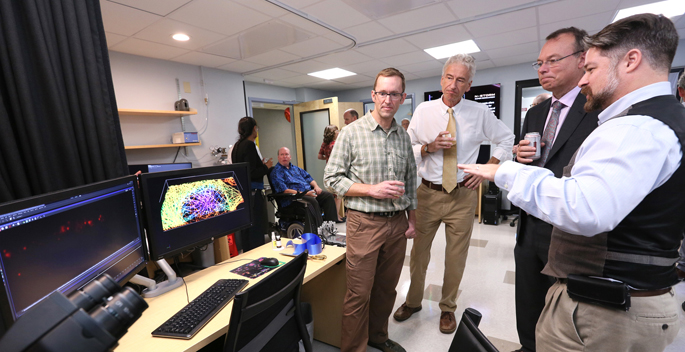
Nikon Center of Excellence for live-cell imaging makes debut
Officials of Vanderbilt University, Vanderbilt University Medical Center (VUMC) and Nikon Instruments Inc. last week celebrated the opening of the Vanderbilt Nikon Center of Excellence, which features state-of-the-art microscopy for live-cell imaging. Read MoreOct 13, 2016
-
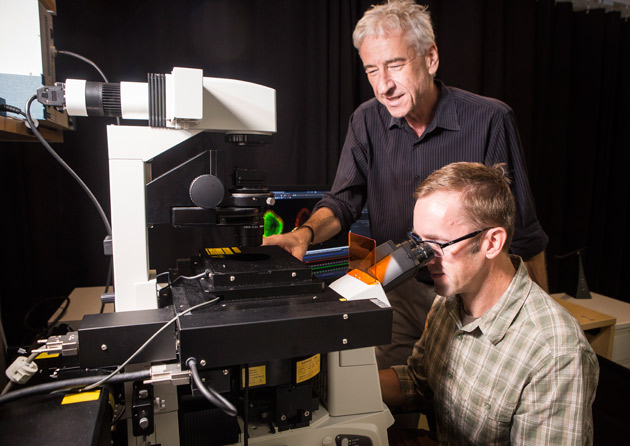
Basic science, extraordinary impact
The discoveries that can change the course of human health forever often begin in the tiniest places: in molecules and cells, at the most fundamental intersection of physics, chemistry and biology. Understanding how these cellular and molecular processes work is the focus of basic biomedical research at Vanderbilt. Read MoreOct 6, 2016
-

Motoring to the tips of the brush border
New findings implicate a motor protein in the assembly of the brush border in the intestines and kidneys – a specialized surface that is critical for healthy organ function. Read MoreOct 6, 2016
-

Going after the ‘heart attack gremlin’
A protein called Gremlin 2 controls the extent of inflammation after heart attack and may be a good therapeutic target. Read MoreSep 8, 2016
-

Breast cancer: finding the smoking gun
A new method developed at Vanderbilt may help “inventory” all tumor-promoting genes. Read MoreJul 20, 2016
-

It takes two to tango: beta cell development
Defining the genes required for the function of insulin-producing beta cells is crucial for ongoing efforts to develop a cell-based therapy for diabetes. Read MoreJun 23, 2016
-
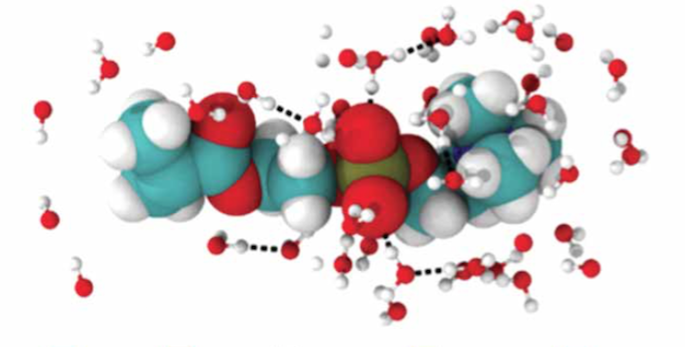
‘Young Scientist’ showcases high schoolers’ research at Vanderbilt
High school students performing advanced research at Vanderbilt have the opportunity to share their findings with the scientific community through a journal of their own. Read MoreJun 2, 2016
-

An Argonaute’s voyage to cancer
A genetic mutation that promotes cancer development blocks the normal sorting of a protein called “Argonaute 2.” Read MoreApr 28, 2016
-
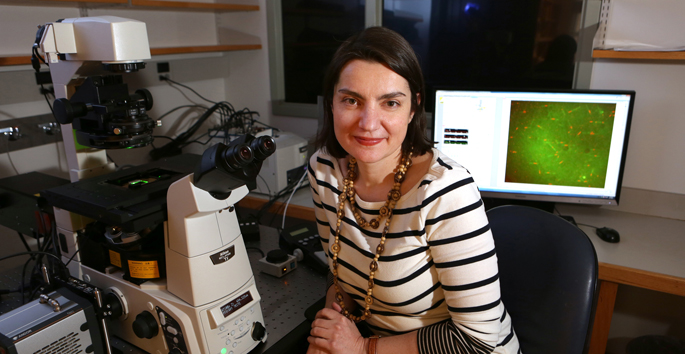
Zanic’s research recognized with 2016 Searle Scholarship
An expert in the dynamic behavior of the microtubule cytoskeleton at Vanderbilt University is among 15 scientists in the chemical and biological sciences nationwide who have been named 2016 Searle Scholars. Read MoreApr 28, 2016
-

Nobel laureate Betzig set for Discovery Lecture
Eric Betzig, Ph.D., who shared the 2014 Nobel Prize in Chemistry for the development of super-resolved fluorescence microscopy, will deliver the next Flexner Discovery Lecture on April 28. Read MoreApr 21, 2016
-
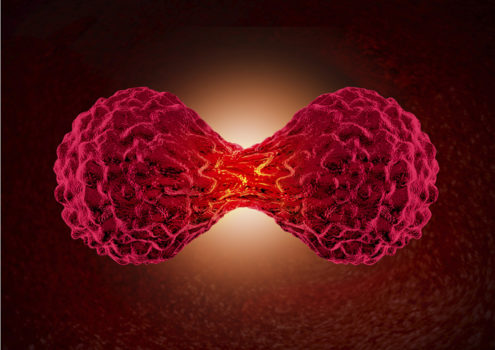
A clue to cell cleavage
Actin and microtubule cytoskeletons are coordinated during cytokinesis – the process that separates one cell into two and is linked to events underlying cancer. Read MoreMar 7, 2016
-
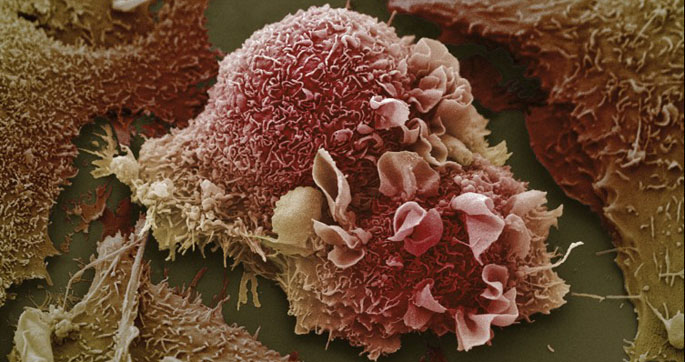
Overcoming lung cancer drug resistance
Vanderbilt investigators have discovered a way to overcome the resistance of some lung cancers to certain targeted therapies, which could lead to more effective treatments for lung cancer patients. Read MoreFeb 10, 2016
-

Building intestinal brush borders
Studies of the molecular complex that helps build specialized cellular surfaces could shed light on the mechanisms underlying a genetic deaf-blindness syndrome accompanied by intestinal disease. Read MoreFeb 8, 2016
-

Findings offer new insight on how cell division proteins work
A family of proteins with critical roles in cell division, synaptic transmission and cell migration don’t all function the way scientists thought they did, according to two new studies led by Vanderbilt researchers. Read MoreJan 28, 2016
-

New targets for diabetic retinopathy
Certain protein factors have been identified as attractive targets for treating diabetic retinopathy, a major cause of blindness in adults. Read MoreJan 21, 2016
-

DISSECTing cell signaling networks
Vanderbilt researchers have developed a new method to study cell signaling networks at single-cell resolution. Read MoreDec 14, 2015
-

Microtubules act as cellular ‘rheostat’ to control insulin secretion
Microtubules — cellular “highways” that deliver cargo to the cell membrane for secretion — have a surprising role in pancreatic beta cells. Instead of facilitating glucose-stimulated insulin secretion, they limit it, a team of Vanderbilt investigators reported recently in Developmental Cell. Read MoreDec 3, 2015
-
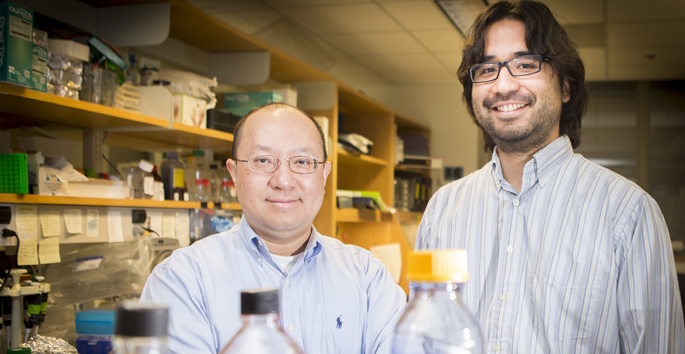
Program gives undergrads from Peru lab experience
There’s a little bit of Peru in the Department of Cell and Developmental Biology. Read MoreOct 29, 2015
-

Nerve cell remodelers
Vanderbilt investigators have defined a gene expression program that controls the timing of synaptic remodeling – a process that is critical to brain development, learning and memory. Read MoreSep 18, 2015
-

Heart repair factor
A signaling factor called Wnt10b is a novel target for optimizing cardiac repair after a heart attack. Read MoreSep 17, 2015